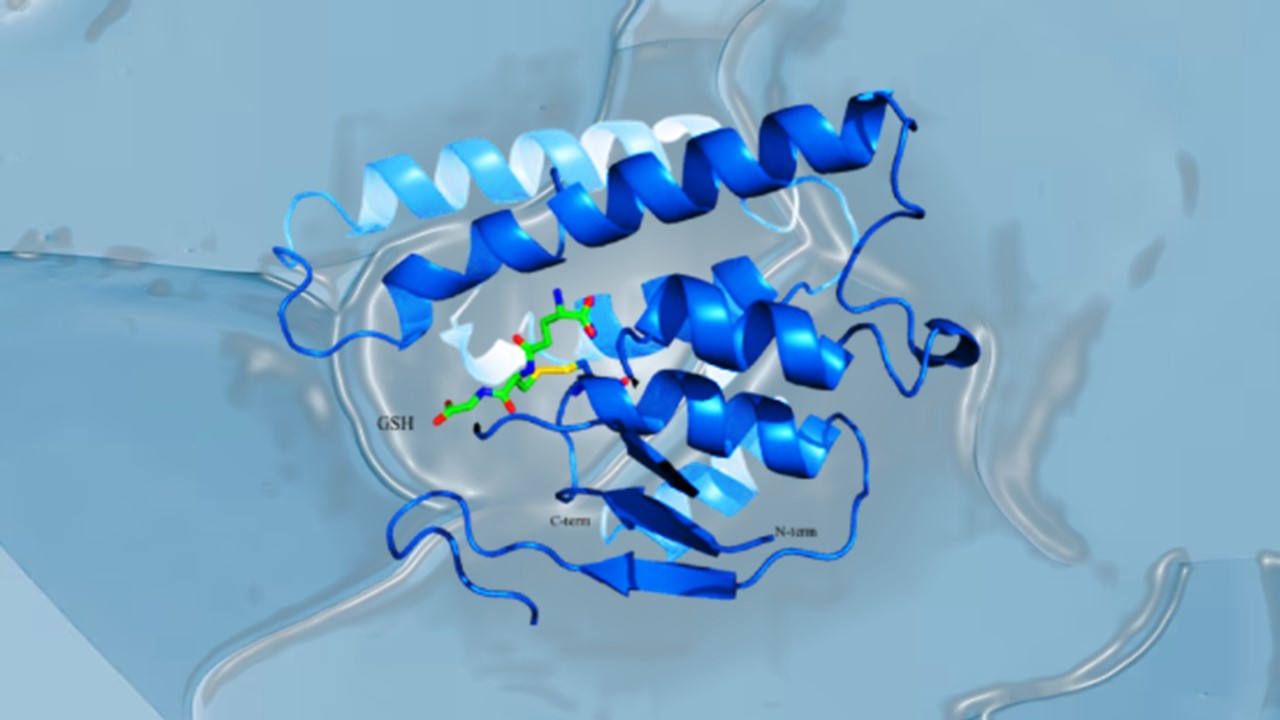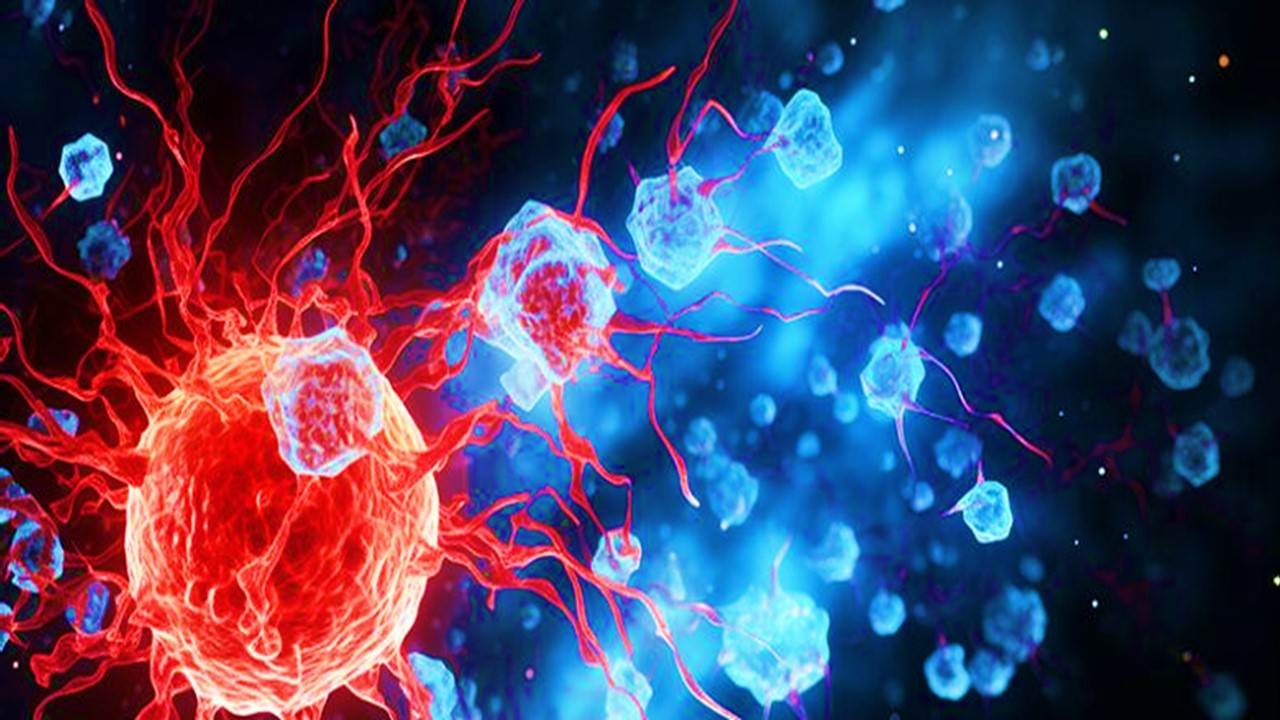Immunotherapy, a cutting-edge approach that harnesses the power of the immune system, has emerged as a highly promising strategy for cancer treatment. This innovative field encompasses a diverse array of immunotherapeutic modalities, each with unique mechanisms and applications. By leveraging the inherent capabilities of the immune system, these therapies have the potential to not only directly target cancer cells but also bolster immune reconstitution, leading to enhanced anti-tumor responses. A comprehensive exploration of the intricate molecular interactions, cellular processes, and clinical implications of immunotherapeutic modalities reveals the remarkable complexity and potential of this field.
Immune Checkpoint Inhibitors: Unleashing the Immune System’s Power
One prominent class of immunotherapies is immune checkpoint inhibitors, which have revolutionized cancer treatment in recent years. Immune checkpoints are crucial regulatory pathways that maintain immune homeostasis and prevent excessive immune activation. However, certain cancers exploit these checkpoints to evade immune surveillance. Immune checkpoint inhibitors, such as anti-PD-1, anti-PD-L1, and anti-CTLA-4 antibodies, disrupt the inhibitory interactions between checkpoint molecules and their ligands, effectively unleashing the immune system’s ability to recognize and eliminate cancer cells.
Clinical Successes of Immune Checkpoint Inhibitors: Reinvigorating the Immune System
The efficacy of immune checkpoint inhibitors is exemplified by their remarkable clinical successes in various malignancies, including melanoma, lung cancer, and renal cell carcinoma. By reinvigorating exhausted T cells, these inhibitors promote immune reconstitution by enhancing the proliferation, effector functions, and tumor-targeting capabilities of T cells. Furthermore, immune checkpoint inhibitors have been shown to promote immune memory, leading to sustained anti-tumor responses and long-term protection against cancer recurrence.
CAR-T Cell Therapy: Personalized Immune Reconstitution for Hematological Malignancies
Another breakthrough immunotherapeutic approach is chimeric antigen receptor (CAR)-T cell therapy. This personalized therapy involves the genetic engineering of patients’ own T cells to express CARs, which are synthetic receptors designed to recognize and target specific antigens present on cancer cells. CAR-T cells are generated by introducing CAR-encoding genes into patients’ T cells, enabling them to directly recognize and eliminate cancer cells expressing the corresponding antigen.
Diverse Modalities in Cancer Immunotherapy: A Multifaceted Approach
CAR-T cell therapy has demonstrated remarkable clinical efficacy, particularly in hematological malignancies such as acute lymphoblastic leukemia and diffuse large B-cell lymphoma. By bypassing traditional antigen presentation pathways, CAR-T cells enable targeted immune reconstitution and potent anti-tumor responses. Upon infusion into patients, CAR-T cells undergo robust expansion, trafficking to tumor sites, and activation upon encountering target antigens. This potent cytotoxic activity of CAR-T cells against cancer cells results in immune reconstitution, tumor regression, and durable remissions.
Beyond immune checkpoint inhibitors and CAR-T cell therapy, a multitude of other immunotherapeutic modalities are being explored. These include therapeutic cancer vaccines, adoptive cell transfer, cytokine-based therapies, and oncolytic viruses, among others. Each modality offers distinct mechanisms to bolster immune reconstitution, such as stimulating anti-tumor immune responses, enhancing immune cell functions, or modulating immune signaling pathways. These modalities hold immense potential for synergistic combinations, personalized treatments, and overcoming immune resistance mechanisms.
Challenges in Cancer Immunotherapy: Biomarkers, Resistance, and Adverse Events
However, challenges remain in the field of cancer immunotherapy. Immunotherapy responses can vary widely across different cancer types and individual patients, highlighting the need for predictive biomarkers and patient stratification strategies. The development of resistance to immunotherapy, either through tumor escape mechanisms or the emergence of immune-related adverse events, poses additional obstacles. Ongoing research efforts aim to elucidate the underlying mechanisms of response and resistance to immunotherapies, identify novel targets, and optimize treatment regimens to improve patient outcomes.
In conclusion, immunotherapy represents a paradigm shift in cancer treatment, harnessing the power of the immune system to effectively target and eradicate cancer cells. The diverse array of immunotherapeutic modalities, including immune checkpoint inhibitors, CAR-T cell therapy, and emerging approaches, demonstrate the potential to not only directly eliminate cancer cells but also promote immune reconstitution. The ongoing advancements in our understanding of the intricate molecular and cellular interactions, coupled with clinical successes and ongoing research endeavors, continue to propel the field of cancer immunotherapy forward, paving the way for transformative therapies and improved outcomes in cancer patients.
Engr. Dex Marco Tiu Guibelondo, BS Pharm, RPh, BS CpE
Subscribe
to get our
LATEST NEWS
Related Posts

Immunology & Oncology
The Silent Guardian: How GAS1 Shapes the Landscape of Metastatic Melanoma
GAS1’s discovery represents a beacon of hope in the fight against metastatic disease.

Immunology & Oncology
Resistance Mechanisms Unveiled: The Role of Glutathione S-Transferase in Cancer Therapy Failures
Understanding this dual role of GSTs as both protectors and accomplices to malignancies is central to tackling drug resistance.
Read More Articles
Myosin’s Molecular Toggle: How Dimerization of the Globular Tail Domain Controls the Motor Function of Myo5a
Myo5a exists in either an inhibited, triangulated rest or an extended, motile activation, each conformation dictated by the interplay between the GTD and its surroundings.
Designing Better Sugar Stoppers: Engineering Selective α-Glucosidase Inhibitors via Fragment-Based Dynamic Chemistry
One of the most pressing challenges in anti-diabetic therapy is reducing the unpleasant and often debilitating gastrointestinal side effects that accompany α-amylase inhibition.













